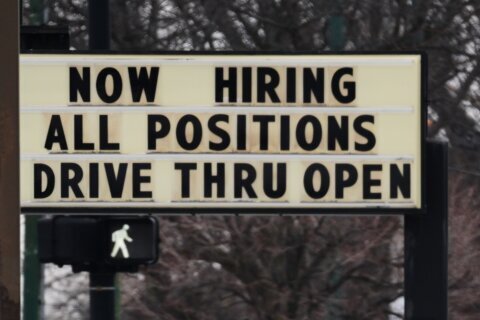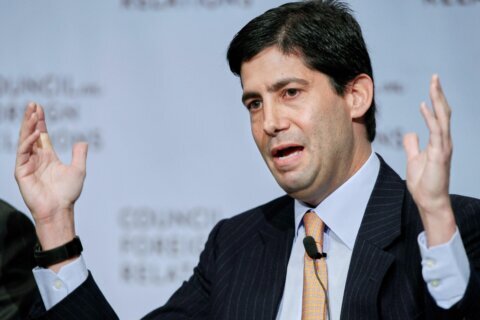How much money should you have saved in case of an unforeseeable emergency?
Inflation and the COVID-19 pandemic have wreaked havoc on Americans’ savings across the board, adding to financial strain under normal circumstances when markets aren’t in flux.
“People recognize that they don’t have enough. They know what they would need to feel comfortable, but the progress is coming at a snail’s pace,” Greg McBride told WTOP anchor Mark Lewis.
McBride is the senior vice president and chief financial analyst of Bankrate.com, a personal financial website.
Listen to McBride’s full interview here:
According to McBride, 64% of Americans feel they would need to have enough to cover six months’ worth of expenses to feel “comfortable.”
In reality, less than half of that number — only 30% of Americans — actually have six months’ worth of expenses saved.
The good news is that more than half the country is making at least some amount of contributions monthly to their emergency savings, or 56% of Americans, a number McBride called “encouraging.”
“Successful saving is all about the habit,” McBride said. “Having that regular contribution, whether it’s a direct deposit from your paycheck, or an automatic transfer from your checking account to your savings account … that’s really the key.”
For those who say they feel comfortable about their savings, four out of five people say they have at least three months’ worth of expenses saved.
“That regular contribution is really a key not only to accumulating more savings, but getting to the point where you’ve got less stress and be a little bit more comfortable with what you have,” McBride said.
Some middle- and higher-income households weren’t spending as much at the height of the pandemic when restaurants and businesses were closed, but McBride said that whatever people did have saved up is now gone because of inflation, which is “shredding” household budgets.
“Those savings balances that went up during the early stages of the pandemic, they’ve come running back down,” McBride said. “That credit card debt that got paid down in the early stages of the pandemic, it’s gone running back up.”
The financial analyst said people can start small with their consistent savings, and things like bonuses are opportunities to increase their contributions and gain some savings momentum.
People who say they can’t save at the end of every paycheck are correct, McBride said, because there’s not going to be anything left for those who wait until the end of the month to save what’s left over.
“The key is really flipping that around, setting up that direct deposit so that the savings happens before you even roll out of bed on payday morning,” McBride said, which will begin to create consistency and build a savings habit.
WTOP’s Mark Lewis contributed to this reporting.








